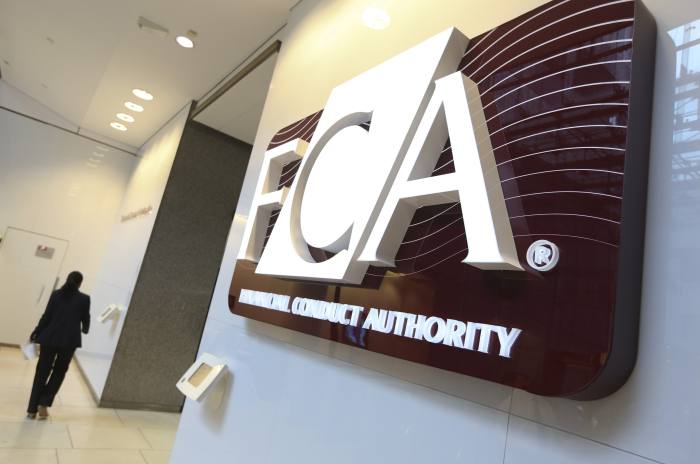
Widening the regulatory scope to include promotions and all retail financial products should be "in the mix" as more consumers are lured into high-risk investments online, the Financial Conduct Authority has said.
Chief executive of the FCA Andrew Bailey said he had seen an "explosion in the number of high-yield investment opportunities" offered on the internet while speaking at the FCA’s annual meeting’s press conference yesterday (July 18).
He added the problem was that promotions were an unregulated activity and firms had no obligation to tell the FCA which financial products they were promoting and how.
His comments came after he told the annual meeting a low interest environment had incentivised consumers to opt for high-risk, high-yield investments that are marketed to them online.
He said: "In this environment, high-risk investments are increasingly marketed to retail customers. To be very clear, counteracting this should not be left to consumers alone. There is a responsibility to act in the public interest."
Mr Bailey also said the FCA was not receiving "as much assistance" from internet providers as it would like and that this complicated the problem.
He added: "We are in contact with major internet service provider companies but this is a broader issue and they take a limited approach to scrutinising what goes up."
The FCA’s policy work on its regulatory perimeter — what the FCA regulates and what it does not — could conclude that promotions should be a regulated activity, Mr Bailey said.
On top of this, Mr Bailey said that regulating all financial products marketed to retail investors "should be in the frame" when thinking about the regulator’s perimeter.
He said a US-style regulatory system — where products themselves have an ‘official license’ awarded by the regulator — "must be in the mix" of options, particularly given the fact the UK’s wide compensation scheme (the FSCS) created its own tensions and complications.
Mr Bailey previously told the annual meeting that the FCA’s perimeter had been a “common thread” in the main issues that had arisen for the regulator over the past year, including the London Capital & Finance debacle, mortgage prisoners and the Royal Bank of Scotland’s Global Restructuring Group.
The issue of promoting unregulated products online was particularly potent in terms of LCF, which fell into administration at the end of January and put the funds of more than 14,000 bondholders at risk.
The FSCS has since been investigating whether the victims are entitled to compensation from the lifeboat scheme, recently announcing it believed ‘misleading advice’ had taken place at Surge Financial Ltd, a company acting on behalf of the collapsed mini-bond provider.
Although LCF was a regulated firm, the selling of mini-bonds is an unregulated activity meaning the consumers were not automatically covered by FCA regulation or the FSCS.
At yesterday’s public meeting, attendees heard consumers tell the FCA panel that their investment in these minibonds had been advertised and promoted to them as an Isa.





